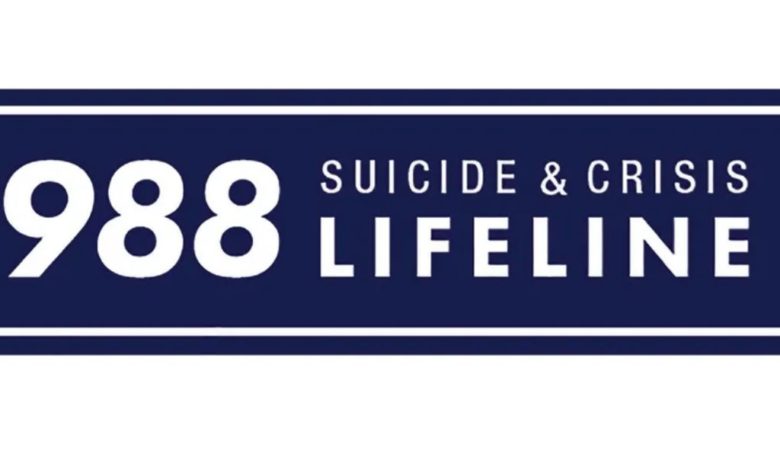New 988 hotline is the 911 for mental health emergencies

Quick help for suicidal thoughts and other mental health emergencies will soon be as easy as 9-8-8.
The United States’ first nationwide three-digit mental health crisis hotline goes live on Saturday. It’s designed to be as easy to remember and use as 911, but instead of a dispatcher sending police, firefighters or paramedics, 988 will connect callers with trained mental health counselors.
The federal government has provided over $280 million to help states create systems that will do much more, including mobile mental health crisis teams that can be sent to people’s homes and emergency mental health centers, similar to urgent care clinics that treat physical aches and pains.
“The launch of the 988 crisis line will establish a more streamlined and effective resource for Missourians in behavioral health crisis,” Missouri Governor Mike Parson said. “We know that when individuals are experiencing crisis the sooner we can connect them to support and provide assistance the better. The launch of 988 is an important step in addressing the mental health crisis and saving lives.”
“The number of calls to the National Suicide Prevention Lifeline skyrocketed in recent years as Americans struggled with the mental health impact of the COVID-19 pandemic. Each one of those calls can be a life or death moment for a person in crisis,” said Missouri U.S. Senator Roy Blunt. “We need to be sure the capacity is there to answer every call as quickly as possible. As the top Republican on the appropriations subcommittee that funds health programs, I have been proud to work with my colleagues to substantially increase federal funding to transition to the lifeline’s new 988 number and strengthen the network of crisis centers answering the calls. We will continue working to ensure the resources are in place to meet the needs of the lifeline as the new 988 number goes into effect. I hope this transition will make it easier for people to reach out and get the lifesaving help they need, when they need it.”
Nearly 60% said call-center staffers had specialized suicide prevention training; half said they had mobile crisis response teams available 24/7 with licensed counselors; and fewer than one-third had urgent mental-health care units.
The 988 system will build on the National Suicide Prevention Lifeline, an existing network of over 200 crisis centers nationwide staffed by counselors who answer millions of calls each year — about 2.4 million in 2020. Calls to the old lifeline, 1-800-273-8255, will still go through even with 988 in place.
“If we can get 988 to work like 911 … lives will be saved,” said Health and Human Services Secretary Xavier Becerra.
Need to talk or get immediate help in a crisis? Help is available. If you or a loved one need assistance, please reach out by calling or texting 988, or chatting at https://988lifeline.org/



